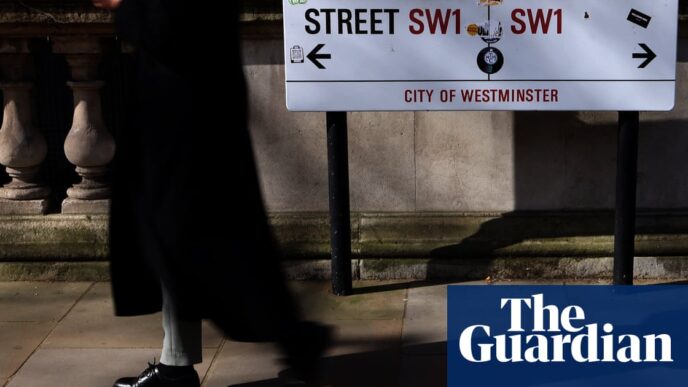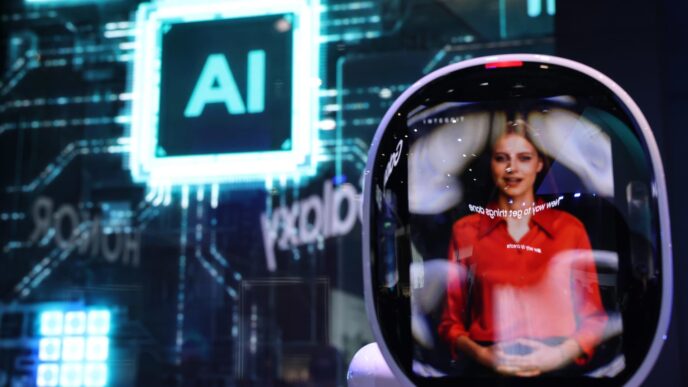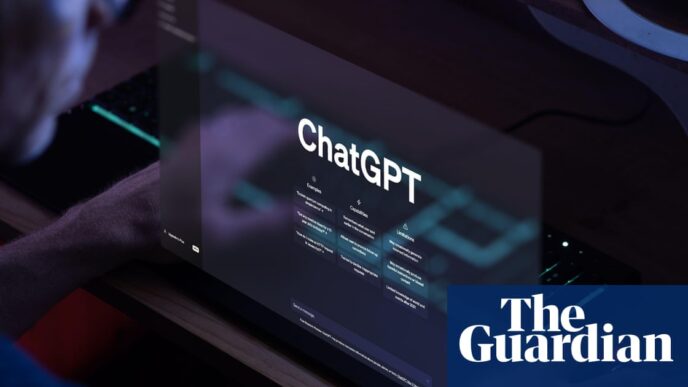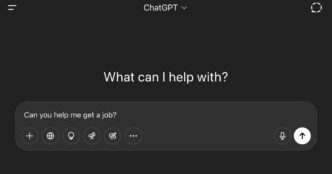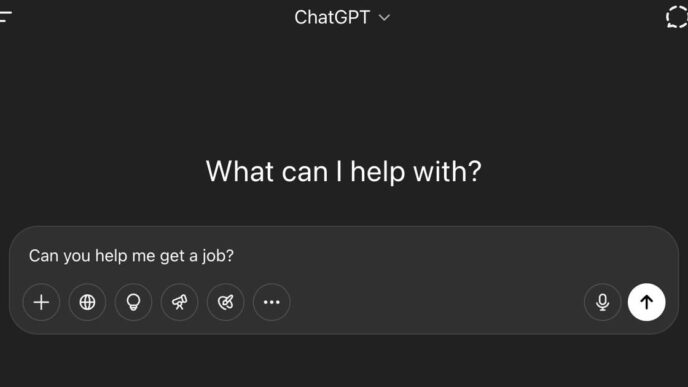ChatGPT is already reshaping how students write—and educators are worried. One English tutor shared how a top pupil used AI to draft a bland two-line reference for them. The student said she wanted it “to be perfect.”
The AI writing is sharp, often better than expected. Journalists and lawyers are already using it. At exam time, dull kids are the only ones still writing their homework by hand.
But it’s not perfect. One ChatGPT summary bizarrely had Bond driving Le Chiffre back to the casino and seducing Oddjob. Mistakes like that are dropping as the AI improves. Sometimes, AI-like essays are mistaken for human work and vice versa. One bright teen praised the word “trifle” as a candy metaphor in a Macbeth essay.
The real issue: teens seem less able to think and express themselves. The tutor said some act like “stranded, alien souls” who barely grasp social basics. One struggled to remember a basic greeting.
Some think kids will grow into “human-android hybrids” trained to command AI assistants early on. Elon Musk’s school uses video game lessons to feed that model.
Many schools push literacy that’s pedantic and dull. The tutor even advises memorizing a short donkey story to nail creative writing questions. Expensive schools dodge lengthy books.
Great writing needs a unique soul, the tutor argues. The internet and AI are making kids more robotic and average. The adult world will face a “Valley of Dissociation,” flooded with AI-generated text useful but not great to read.
Still, kids have hope. They show self-awareness about their AI reliance and crave real ideas. Even weaker writers prefer dense classic poems to simple AIs.
Friends say the tutor should quit writing; AI will outperform authors soon. The tutor disagrees, betting on a soul-like spark that machines lack. The future is uncertain, but resistance and real voice remain.
“Rational friends tell me to give up writing because AI will write all the good books we want”




